
How the Congressional App Competition Can Build the Tech Pipeline to Congress
#HouseOfCode marks the culmination of the Congressional App Competition, where students from across the nation and territories develop apps for recognition by their representatives in Congress.

Public Witness Testimony on Strengthen Congressional Capacity and Constituent Service to House Appropriations Subcommittee on the Legislative Branch for FY26
POPVOX Foundation's Advisor for Congressional Initiatives Danielle Stewart submitted testimony to the House Appropriations Subcommittee on the Legislative Branch for FY26 requesting the subcommittee's consideration of three initiatives to improve Congressional capacity.

New Research: How Would Constituent Services Work in Multi-Member Districts?
A new paper by POPVOX Foundation Deputy Director Anne Meeker and New American Senior Fellow Lee Drutman, in partnership with Protect Democracy, examines the potential impacts of multi-member districts on the critical constituent service work that many Americans rely on when navigating federal agencies and programs.
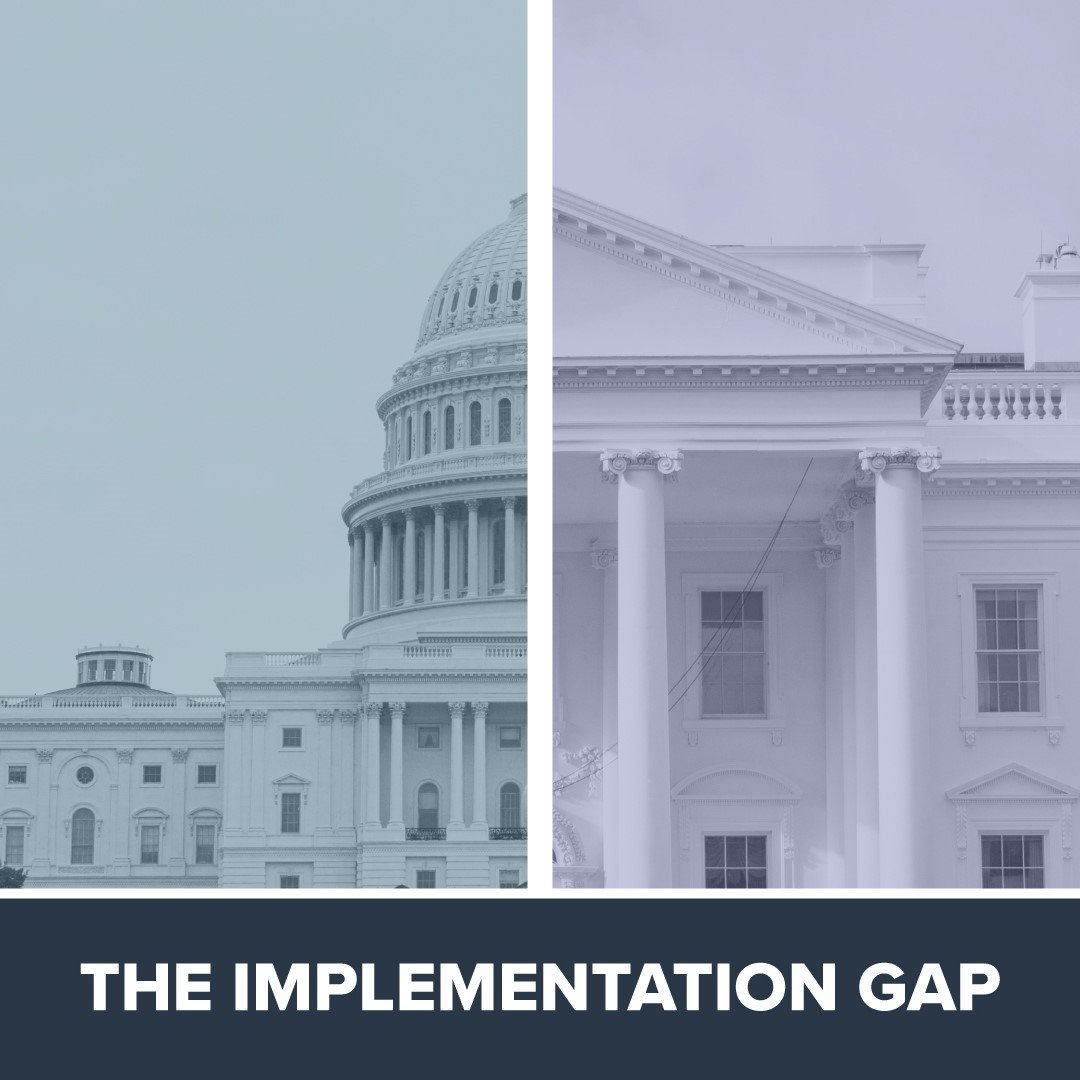
Bridging the Implementation Gap: Key Insights for Congressional Staff
On March 24, POPVOX Foundation and the Niskanen Center hosted "The Implementation Gap: Turning Legislative Intent into Executive-Led Outcomes," a panel discussion offering insights and solutions for Congressional staff taking on the challenge of translating legislative intent into effective policy implementation.

What is Congressional Proxy Voting and Why is it Important Now?
To make Congress more family-friendly and reflective of a modern workforce, allowing for a limited proxy voting option would ensure all Members could fully participate in the legislative process.
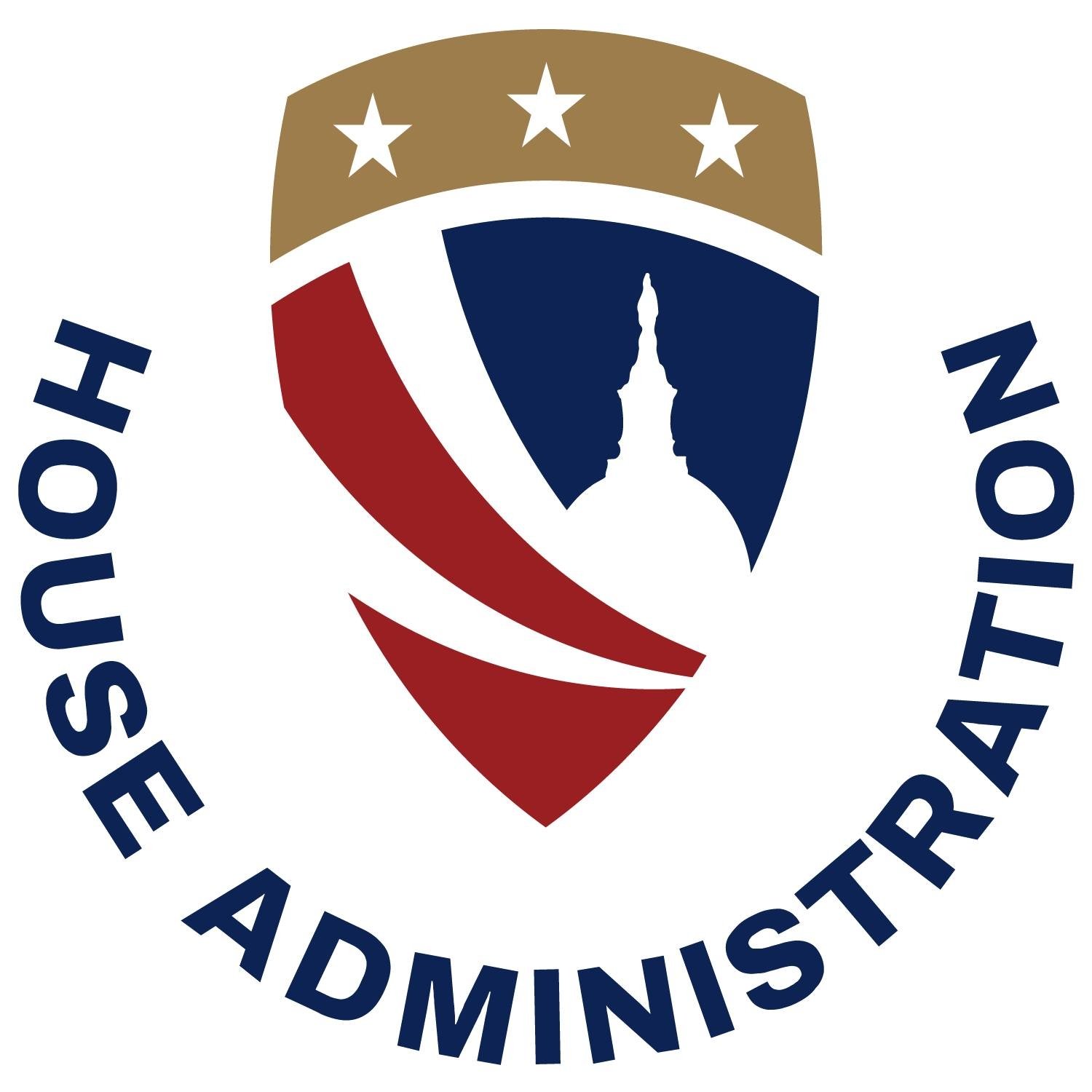
Committee on House Administration Member Day
Ahead of the Committee on House Administration's upcoming Member Day, POPVOX Foundation offers the following recommendations encouraging Member engagement with CHA to build on previous successes in creating a strong, responsive Legislative branch.

Introducing a Journalist’s Guide to Covering Congressional Casework
A Journalist’s Guide to Covering Congressional Casework is a quick reference for journalists covering casework stories, covering typical Congressional office procedures for casework, the history and legal background for casework, and questions to ask around specific pitches or stories.
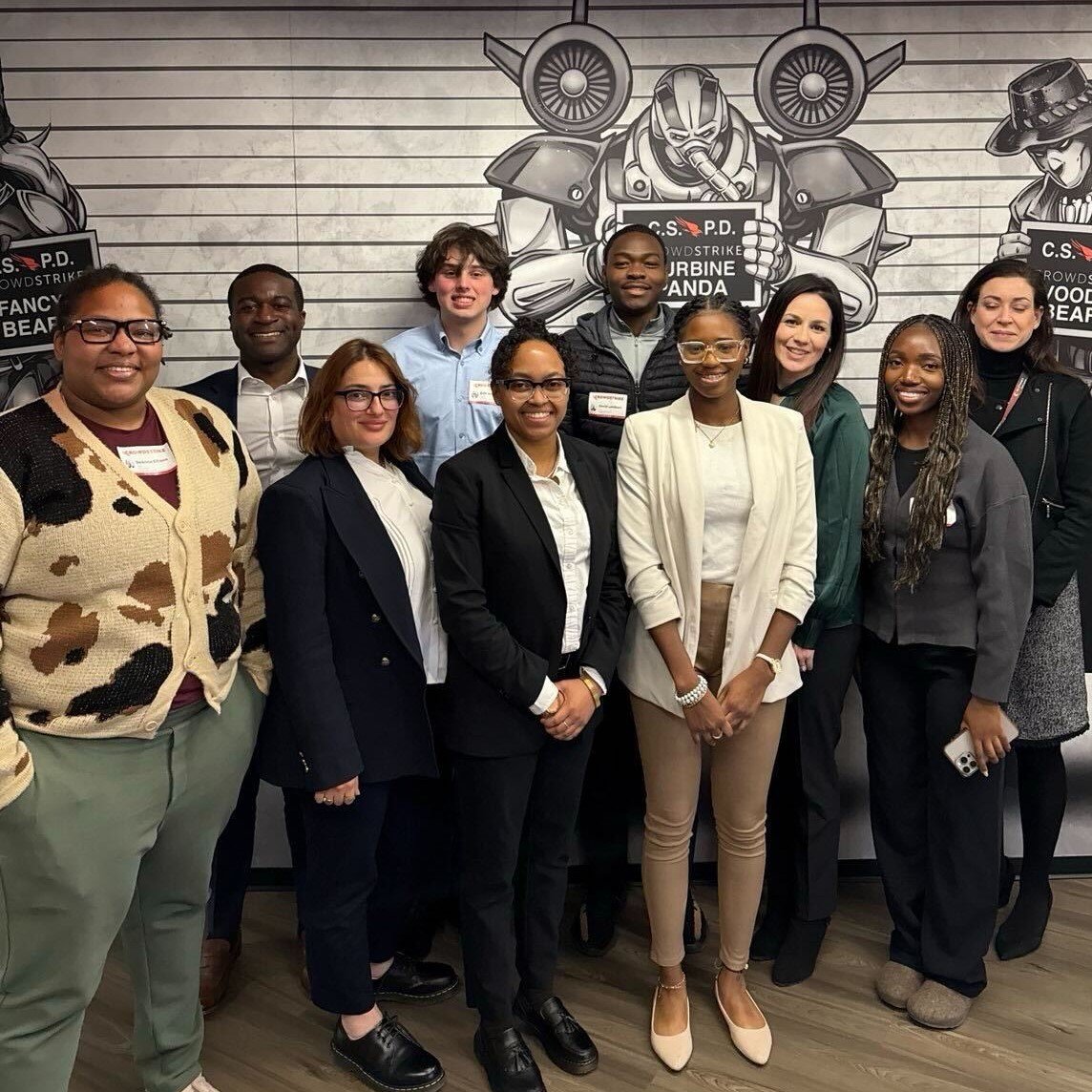
Cyber Policy Leadership Institute Welcomes Second Cohort at Crowdstrike HQ
The Cyber Policy Leadership Institute is a collaboration between POPVOX Foundation, CrowdStrike, and Advocacy Blueprints, dedicated to bridging the representation gap in cybersecurity policy and creating pathways for emerging policy leaders.

Voice/Mail: A New Substack on the Future of Constituent Engagement
Voice/Mail, a new Substack from Deputy Director Anne Meeker explores the intersection of civic engagement and technology and how government can keep pace to solicit and act on public opinion.

New Rules Call for Ongoing AI Efforts in the House; Here’s What Lawmakers Should Do Next
The House of Representatives’ new rules package for 2025 emphasizes integrating artificial intelligence (AI) to streamline operations and enhance legislative functions. To fully realize AI's potential, lawmakers should prioritize revising restrictive IT policies, forming dedicated AI working groups, investing in staff training, and leveraging modernization funds for pilot programs.

POPVOX Foundation Creates Children’s Book for New Members with Kids
To support Congressional families as they approach this big life change together, POPVOX Foundation created “Welcome to Washington,” a children’s book designed to enhance their experience in Washington, DC.

Opinion: House Republicans Have the Opportunity to Make the 119th Congress the Most Modern and Pro-Family in Recent History
By modernizing its voting procedures to include a proxy voting option when it adopts new Rules, the House of Representatives would ensure near-universal participation and better prepare Congress to respond to future emergencies, whether they be individual or national in scope.

What’s happening with AI in constituent engagement?
Outdated communication systems and limited office adoption have minimized GenAI's impact on constituent engagement, but there remains a need to rethink and modernize how constituents and lawmakers interact.
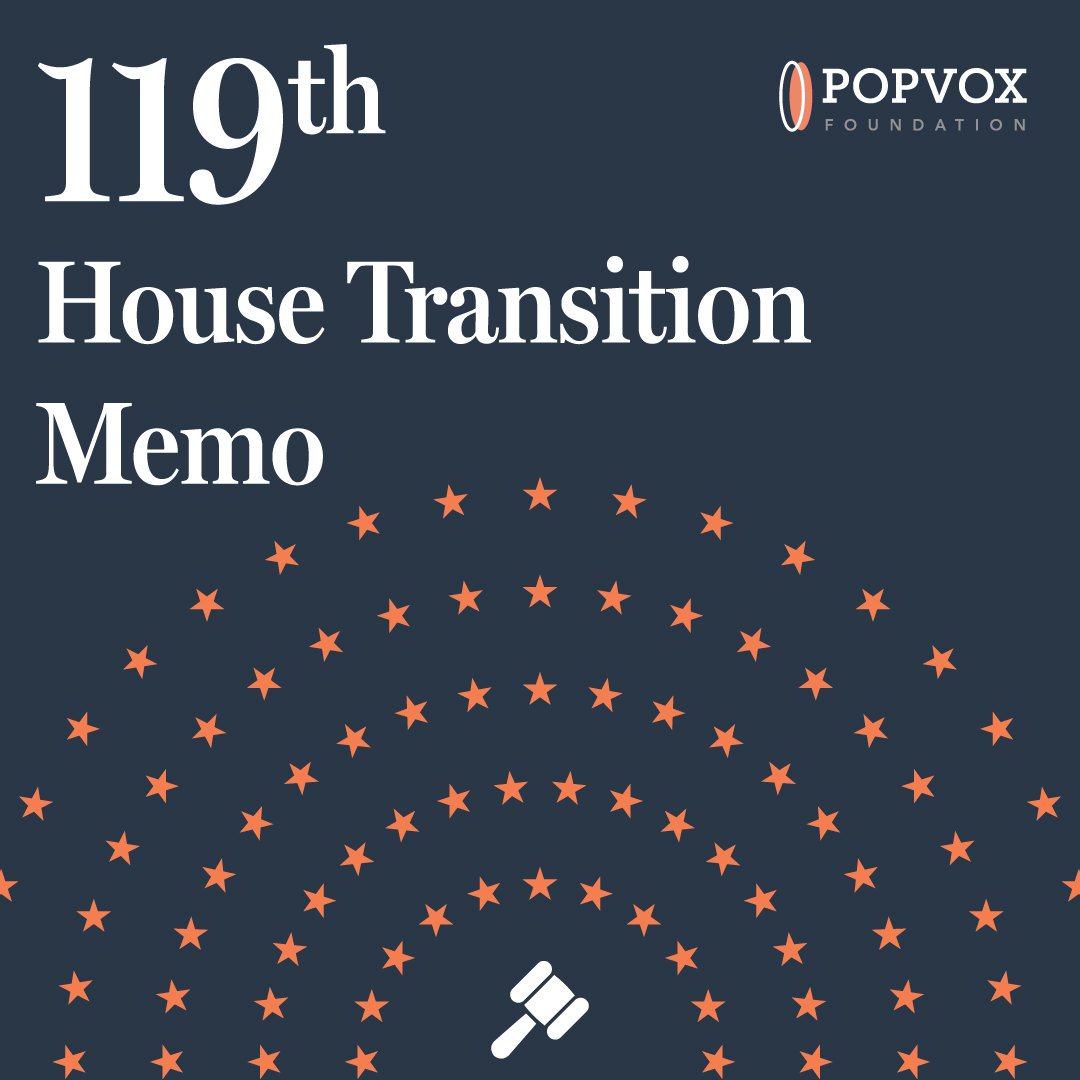
Recommendations to the 119th Congress on Creating a Strong, Responsive Legislative Branch
Recommendations to help Congress address the “pacing problem,” invest in its workforce, enhance constituent services, foster bipartisanship, and strengthen House operations for a more effective and responsive Legislative branch.
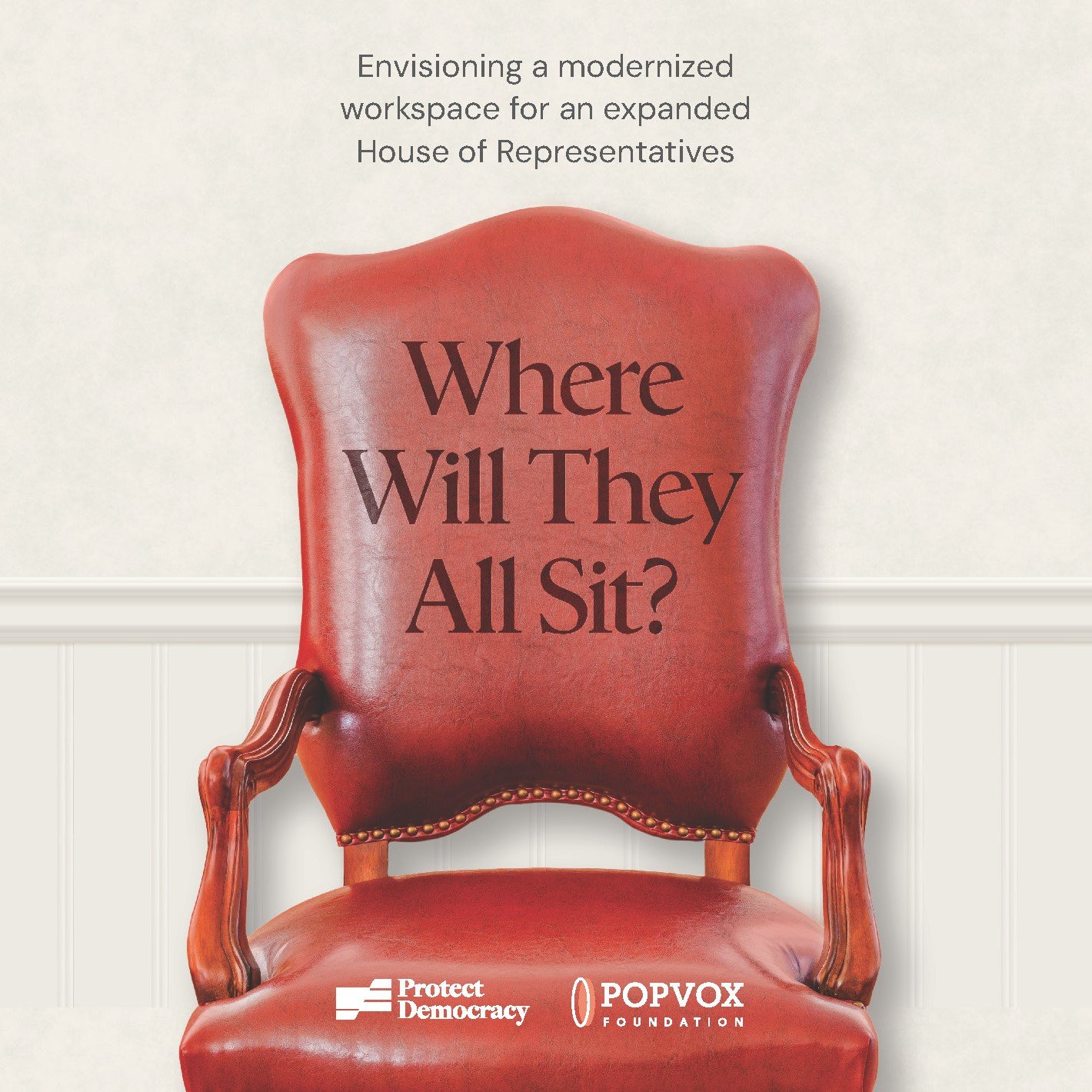
Report: Where Will They All Sit?
A new report from POPVOX Foundation and Protect Democracy explores the idea of expanding not only the US Capitol campus’ physical footprint, but also the chamber’s membership.

Comparing AI Adoption in the US Congress to Legislatures Worldwide
Despite initial momentum, the US Congress risks lagging international counterparts in the adoption of automated technologies. To improve its own operations and keep pace with international counterparts, Congress should work collaboratively to develop a cohesive AI strategy, provide dedicated resources for staff and Member training, remove barriers to the use of commercial and open source tools, and engage more actively in global knowledge-sharing.
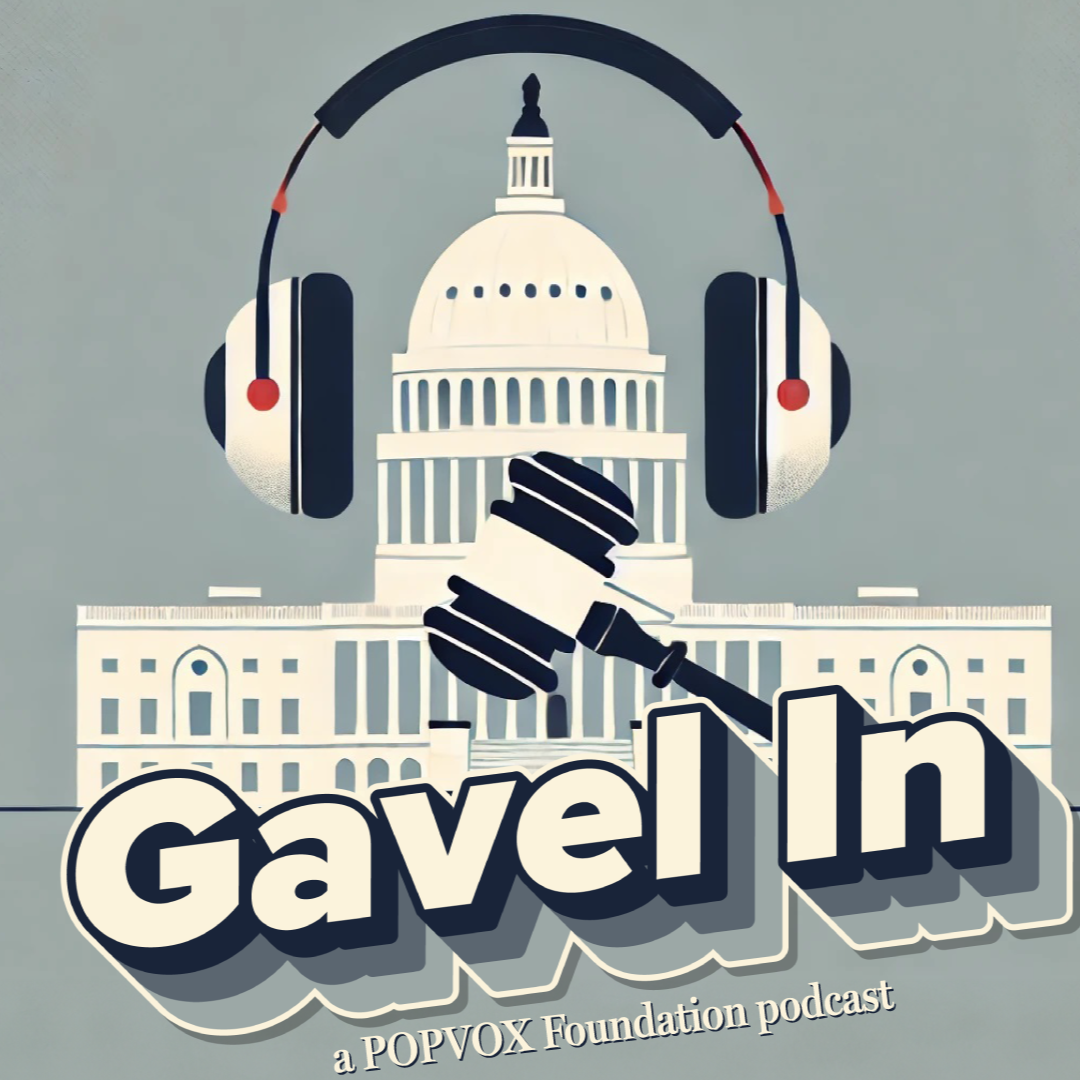
Nonpartisan POPVOX Foundation Launches “Gavel In” Podcast to Support the Orientation of Members Elect and Their Staff
POPVOX Foundation is announcing “Gavel In,” a limited-run, explainer podcast series about how Congress works, created especially for freshmen Members of the 119th Congress, their staff, and spouses. Gavel In supplements the House’s official New Member Orientation onboarding so new Members and staff are extra set up for success as they set up their new offices on Capitol Hill and in their districts.

POPVOX Foundation Leads Coalition Calling for the Reauthorization of the Committee on House Administration Subcommittee on Modernization
POPVOX Foundation led a crosspartisan coalition of civil society organizations in calling for the continuation of the Subcommittee on Modernization into the 119th Congress and beyond.
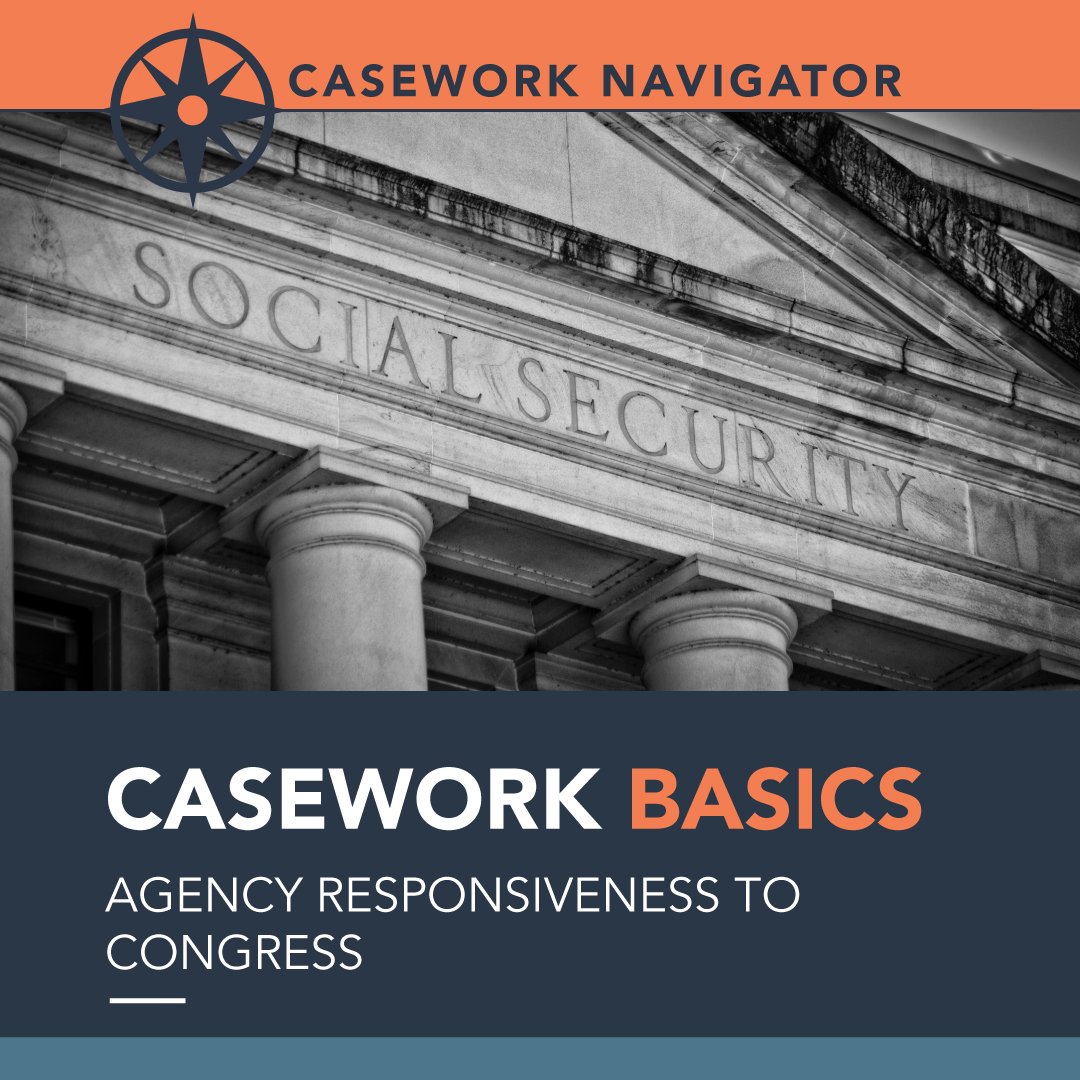
POPVOX Foundation hosts webinar on agency responsiveness to Congress
One of the hardest things about getting up to speed as a new caseworker is learning the different contacts and practices for each individual agency in responding to casework requests.
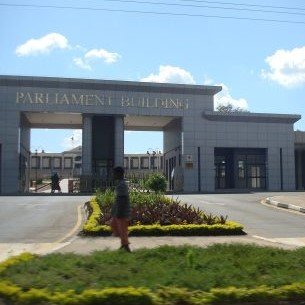
The Diplomat: China’s ‘Gifts’ of Parliament Buildings in Africa Are a Wake-Up Call for Digital Sovereignty
Over the past two decades, Beijing has financed and built at least 15 parliament buildings in African nations. These projects carry hidden costs that extend far beyond their initial construction.
